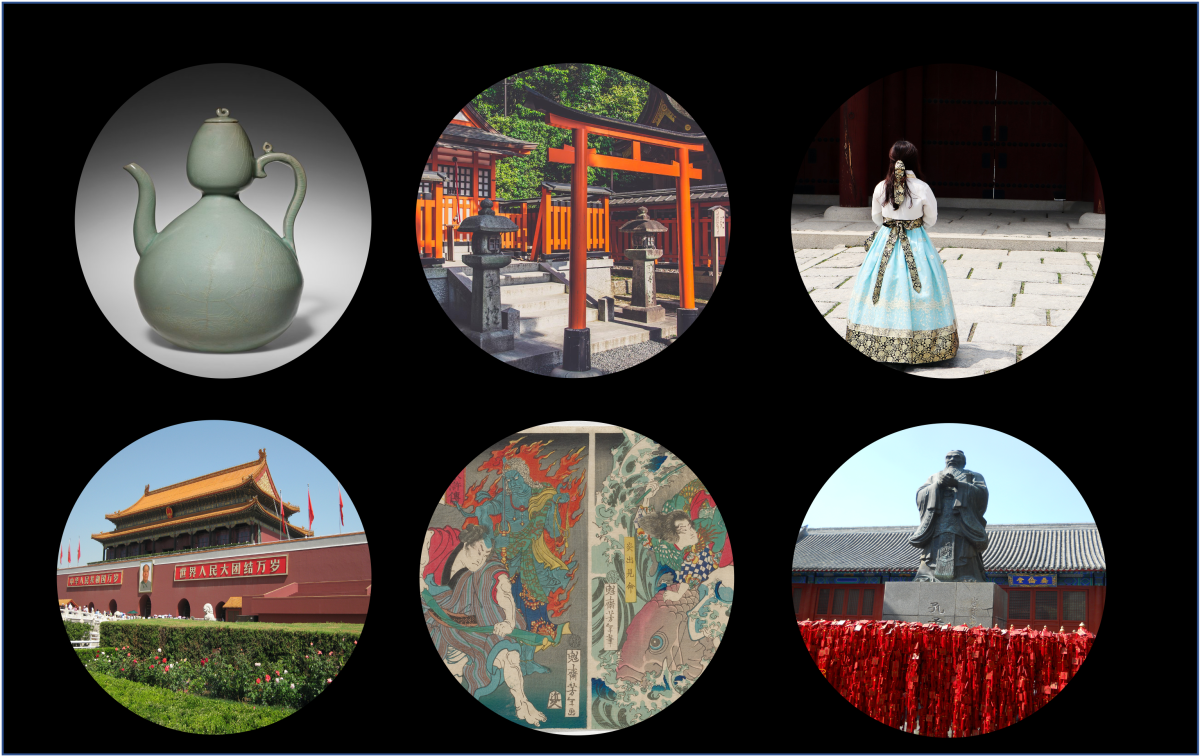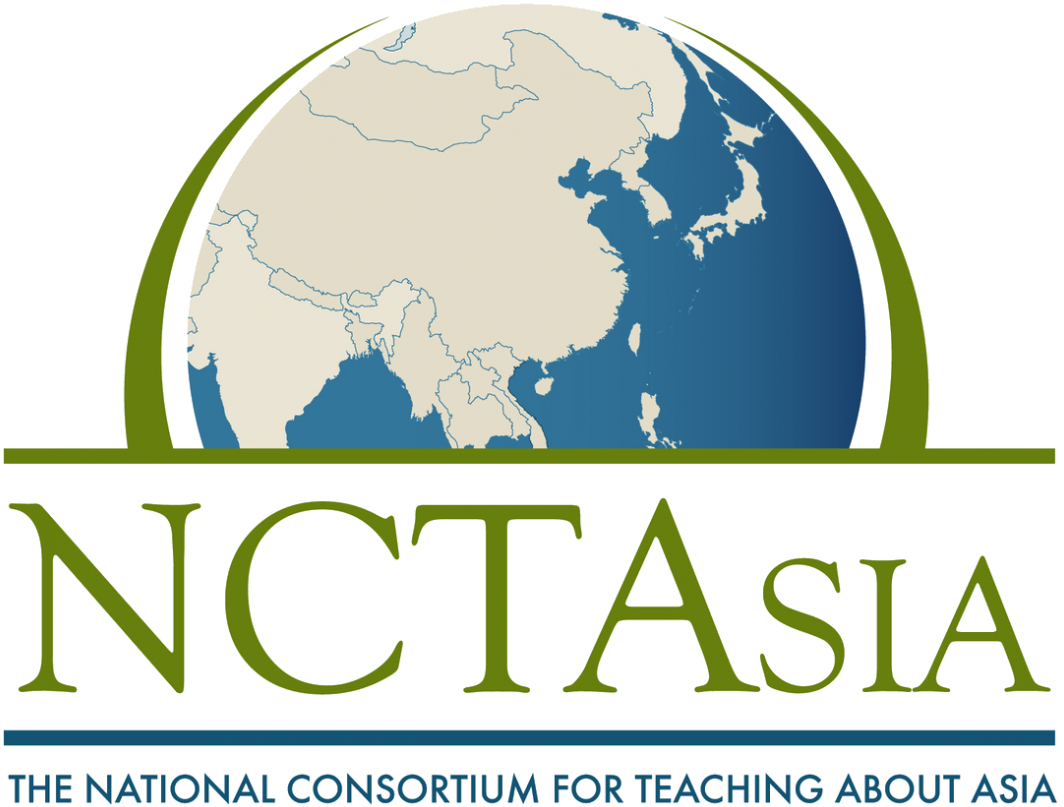East Asia Through the Lens of Visual and Material Culture
An NCTA Foundational Seminar

A free online seminar for K-12 Educators
Presented by Lehigh University's Asian Studies Program and the College of Education in association with the Asian Studies Center and the National Consortium for Teaching About Asia at the University of Pittsburgh
Offered to all K-12 Educators in our 11 State Region of Alabama, Delaware, Illinois, Kentucky, Louisiana, Maryland, Michigan, Minnesota, Ohio, Pennsylvania, and West Virginia
East Asia today represents a broad mosaic of ethnic, economic, geographic, and cultural diversity. Even in our current period of rapid political and economic globalization, within which the region has played a major transformative role, East Asia retains its deep and rich cultural and artistic traditions and practices. This FREE foundational survey will include interactive lectures and activities focusing on the visual and artistic material cultures of China, Japan, Korea and Vietnam. K-12 educators will explore and integrate a wide range of strategies and resources supporting an enriched classroom learning environment.
Application Deadline: January 19, 2025 or until the seminar fills

2025 SCHEDULE
Seminar Leader: Mary Rice
Seminar Location: Online via Zoom
Time: 5:00 p.m. - 8:00 p.m. (Eastern Time) / 4:00 p.m. - 7:00 p.m. (Central Time)
Dates and Class Session Topics:
Introductory Session: January 23, 2025
-
Thursday, February 6, 2025
-
Thursday, February 13, 2025
-
Thursday, February 20, 2025
-
Thursday, February 27, 2025
-
Thursday, March 6, 2025
-
Thursday, March 13, 2025
-
Thursday, March 20, 2025
-
Thursday, March 27, 2025
-
Thursday, April 3, 2025
-
Thursday, April 10, 2025
An additional Follow-up Session(s) (6 hours total) required in May 2025 (date to be decided with class members’ input).
Benefits for educators who complete all seminar requirements
-
$130 worth of materials for educators, including Charles Holcombe textbook
-
$100 mini-grant for additional teaching materials
-
$300 stipend (after completion of all assignments and seminar meetings)
-
66 Professional Development hours (for PA teachers)
-
Certificate of Completion from NCTA
-
NCTA alumni have access to alumni newsletters with updates on free programs, online resources, recommended books and films, and opportunities for travel to East Asia!
Seminar Requirements
-
Expressed commitment to integrating East Asia into your curriculum.
-
Attend and participate in all sessions, including the follow up classes (36 contact hours).
-
Complete all assignments and requirements, including designing a lesson plan that incorporates East Asian material into your curriculum, writing a “reflection paper” and completing a mini-grant form for your teaching materials. (A full list of assignments will be posted on our website.)
-
Each participant is expected to come to class prepared to participate in class discussions.
No prior background knowledge required. Please join us for this exciting opportunity to learn about East Asia!
Application Deadline: January 19, 2025 or until the seminar fills
If you have any questions, please contact Mary Rice at nctalehigh@gmail.com





